'Largest in the world': US to build $537 million consulate in Nigeria
The United States has announced plans for the construction of a $537 million consulate in Nigeria’s commercial capital city of Lagos, as Washington seeks to strengthen its foothold in Africa's most populous country.
Mary Leonard, US ambassador to Nigeria, said on Thursday that the new consulate, which is to be built on land reclaimed from the Atlantic Ocean, would take five years to be completed in 2027.
Leonard said the 12.2-acre site in the rapidly developing Eko Atlantic City on Victoria Island would support diplomatic and commercial relations between the US and Nigeria.
“The soon to commence 10-storey building will be the largest US consulate in the world and our goal is to achieve leadership in energy and design,” the US ambassador to Nigeria added.
The move, the US State Department claimed in a statement, is geared at strengthening the enduring US-Nigeria relationship and investing in the partnership for the benefit of the two nations.
The US has an embassy in the Nigerian capital, Abuja, and a consulate office in Lagos, a sprawling city of more than 20 million people and Nigeria's major economic hub.
The United States is among the largest foreign investors and donors in Nigeria, with annual trade between the two countries standing at over $10 billion.
The pro-American government in Nigeria has on multiple occasions been accused of suppressing anti-Abuja demonstrations, detaining high-profile political activists and pressing baseless charges against minority religious leaders, including Nigeria’s most senior Shia cleric Sheikh Ibrahim al-Zakzaky.
In December 2015, Nigeria’s military launched a crackdown as part of a deadly state-ordered escalation targeting Zakzaky’s Islamic Movement of Nigeria (IMN) that Abuja has branded as illegal.
The campaign saw troops attacking Zakzaky’s residence in the town of Zaria in Kaduna, burning the whole house down and inflicting him and his wife serious injuries that reportedly caused the cleric to lose his left eye.
Meanwhile, the establishment of diplomatic missions by the US in resource-rich countries in Africa and elsewhere across the world is largely accompanied by Washington’s direct meddling in their internal affairs and the plundering of their wealth.
More than a decade after the fall of Libya's ruler Muammar Gaddafi following a NATO operation, the country is still beset by US-backed violence, chaos, and terrorism.
Back in 2001, the United States and its western allies launched a military campaign to invade Iraq and Afghanistan on the pretext of fighting terrorism after the September 11 attacks.
The plan for the largest US consulate in Africa brings to mind Washington's construction of the most sprawling embassy in Iraq during its years of occupation of the Arab country.
Israel launches air strikes on Syria-Lebanon border crossing
Russia: Comprehensive deal with Iran will include defense, security ties
VIDEO | Israeli embassy shooting in Jordan leaves gunman dead, 3 police injured
VIDEO | Paris march in support of Palestine women
VIDEO | ICC issues arrest warrants for Israeli prime minister, ousted regime war minister
120 Palestinians perish as Israeli war machine keeps ravaging Gaza
VIDEO | Struggles of Palestinian women amidst war, displacement
VIDEO | Hezbollah rains attack drones down on elite Israeli brigade


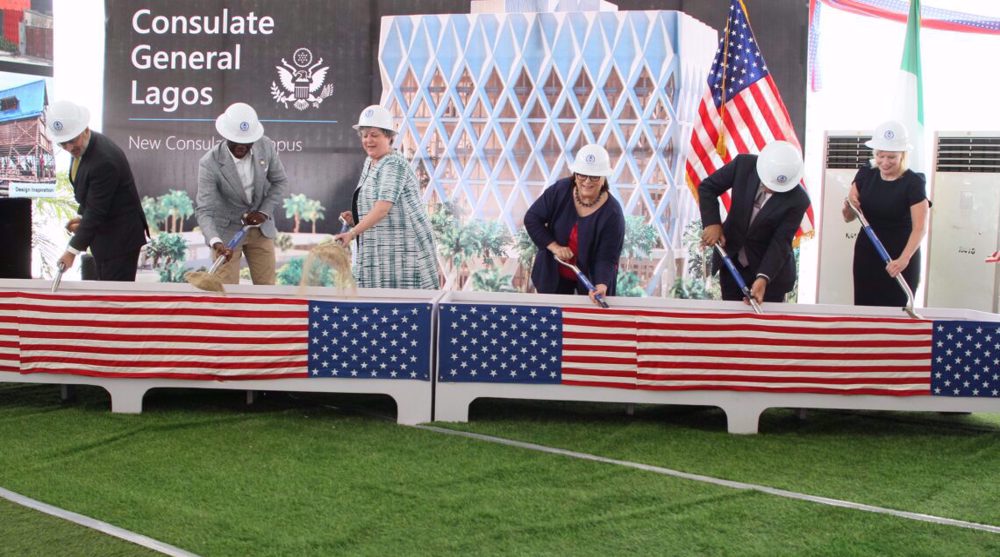
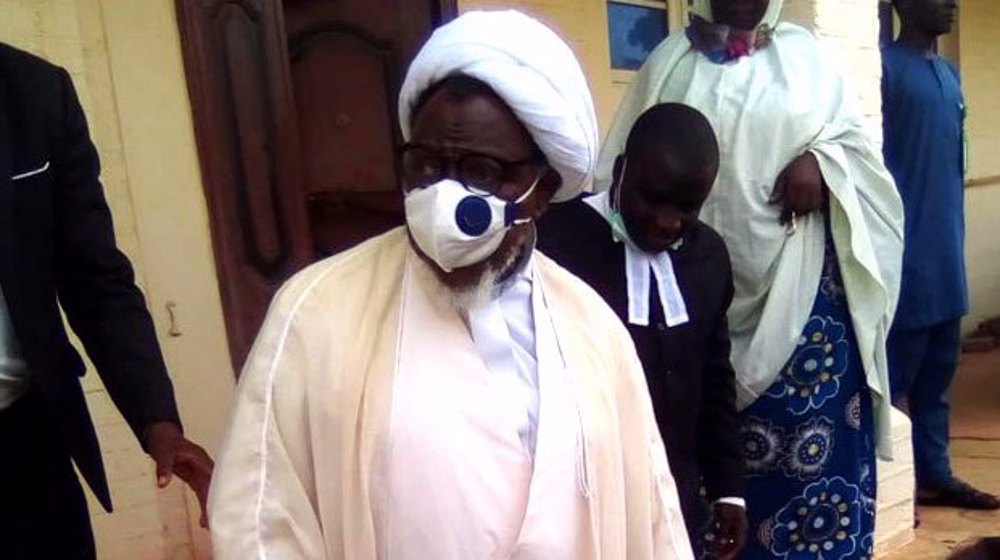
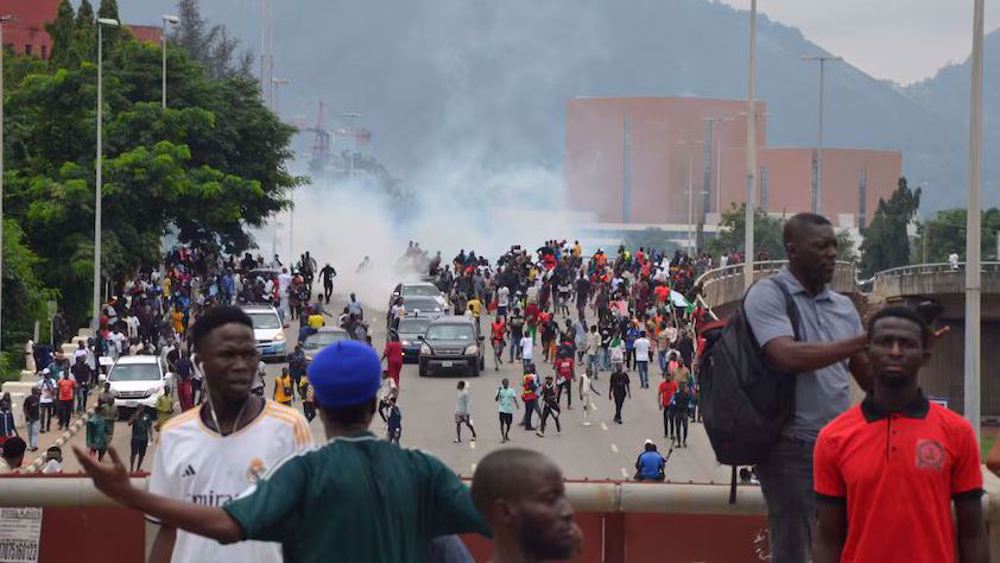
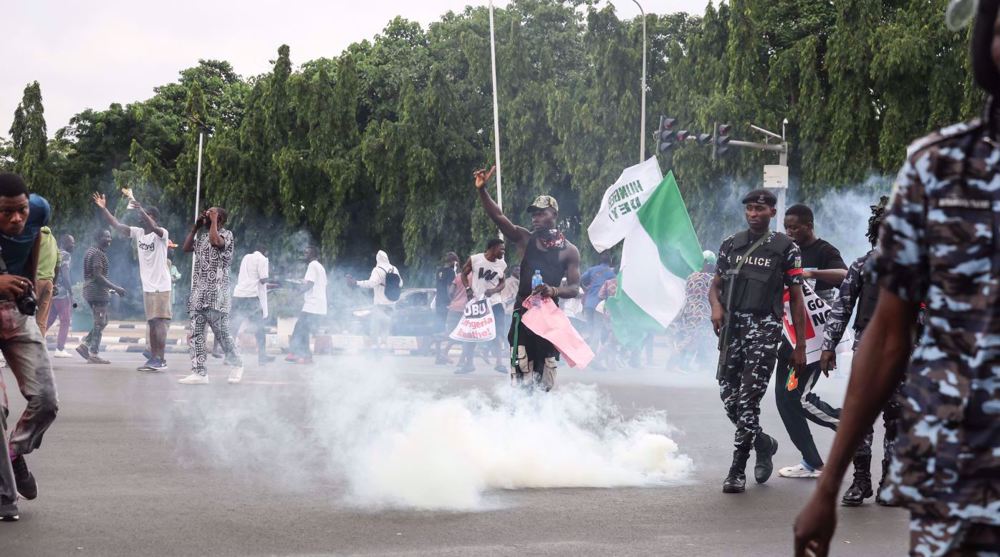
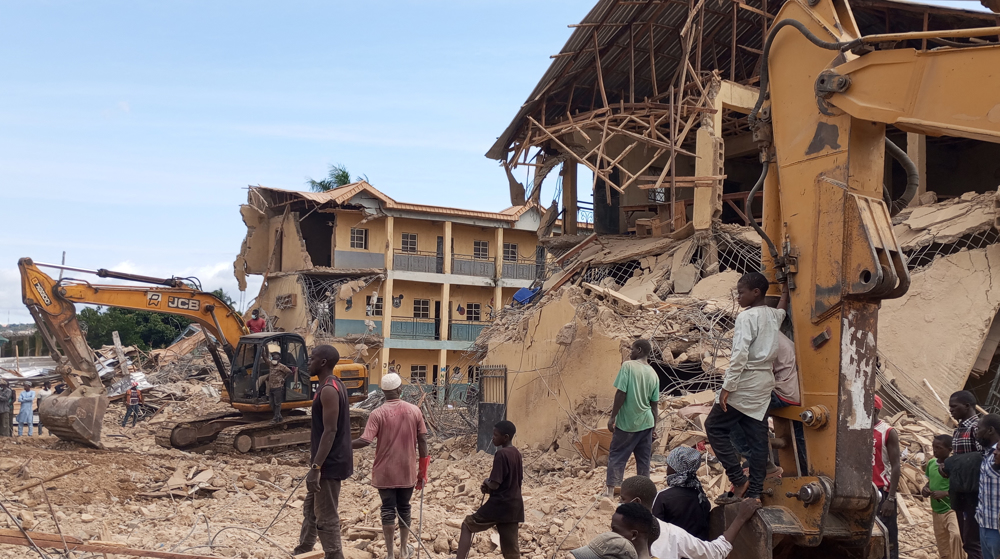




 This makes it easy to access the Press TV website
This makes it easy to access the Press TV website